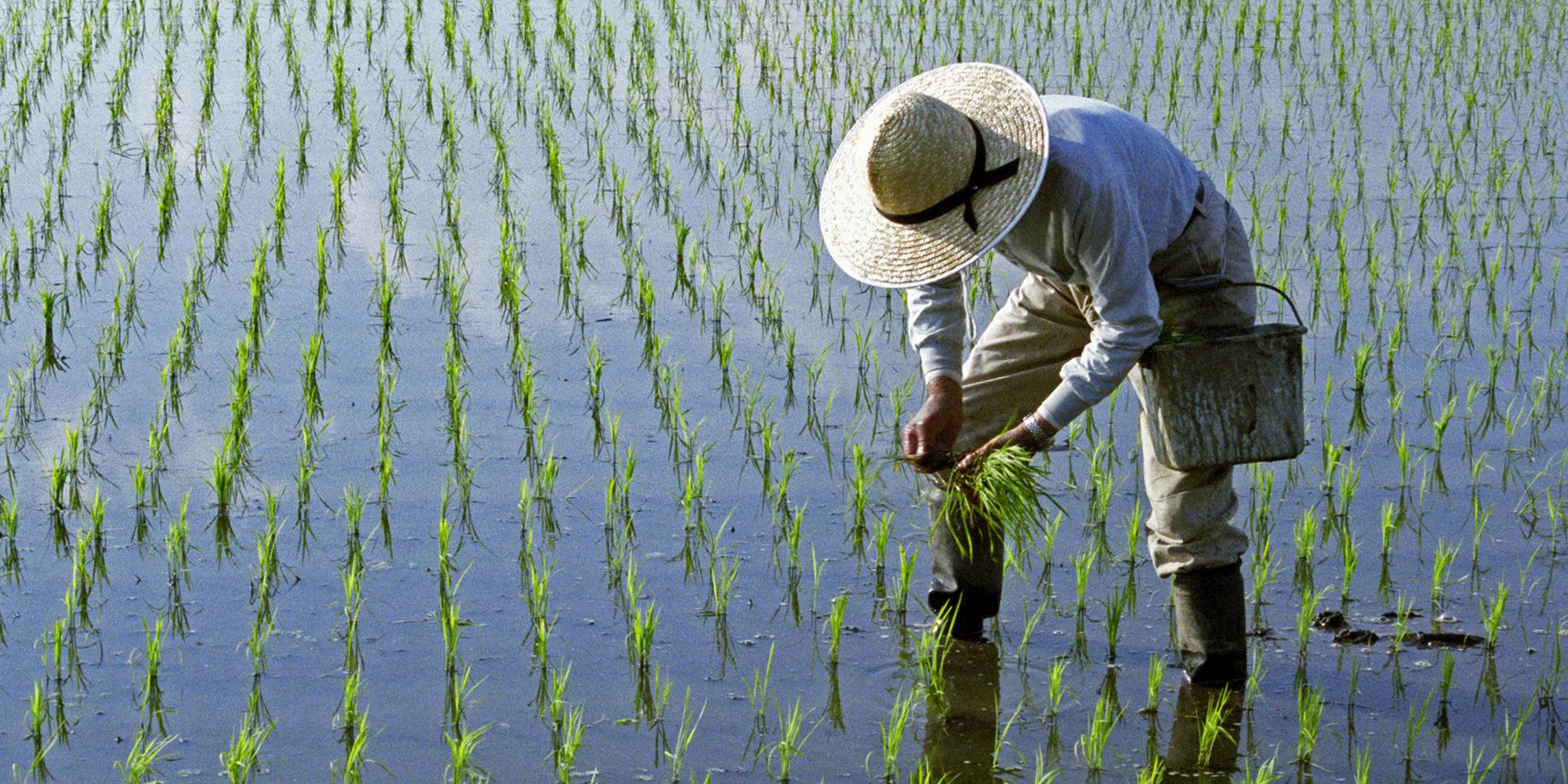Along with all of those goods and technologies, there are serious ENVIRONMENTAL CONSEQUENCES that accompany the NETWORKS OF EXCHANGE (1200-1450). For the College Board, This means foods and diseases. They specifically site Bananas, Champa Rice (a fast growing rice that can grow two full crops per season, which was a tribute from Vietnam to Song China), and citrus fruits (which means lemons, sour oranges, and pomelos (since the Mediterranean already had other citrus fruits as evidenced by seeds at Pompeii and other sources). Another environmental consequence is disease. When the world connects, it creates highways for trade and the spreading of disease. Below are the ENVIRONMENTAL CONSEQUENCES of the NETWORKS OF EXCHANGE.
1. POMELOS
2. LEMONS
3. CHAMPA RICE
4. JUSTINIAN’S PLAGUE
5. BLACK DEATH
6. YERSINIA PESTIS
7. DECAMERON
8.
9.
10.
HISTORY of the BANANA (from NATGEO)
1. The Decameron, 1353 CE, Giovanni Boccaccio (FLORENCE, ITALY)
2. Qu’ran, Surah al-Waqi’ah, 632 CE, Muhammad (PBUH) (Muhammad PBUH mentions that Bananas are one of the fruits in Heaven), (MECCA/MEDINA)
3. Ad Seipsum, 1349 CE, Petrarch (ITALY)
4.
5.
1. These new Networks of Exchange also delivered natural things (plants, diseases).
2. Disease is obvious but check that map real quick… Look how fast the plague spread.
3. Most of the foods they mention (bananas, citrus) originate in SE Asia.
4. These foods slowly move from Oceania to SE Asia, but quickly move across Afro-Eurasia with the advent of Islam and Islamic Merchants in the Indian Ocean Trade.
5. There are Bananas in heaven. Muhammad (PBUH) said so.











